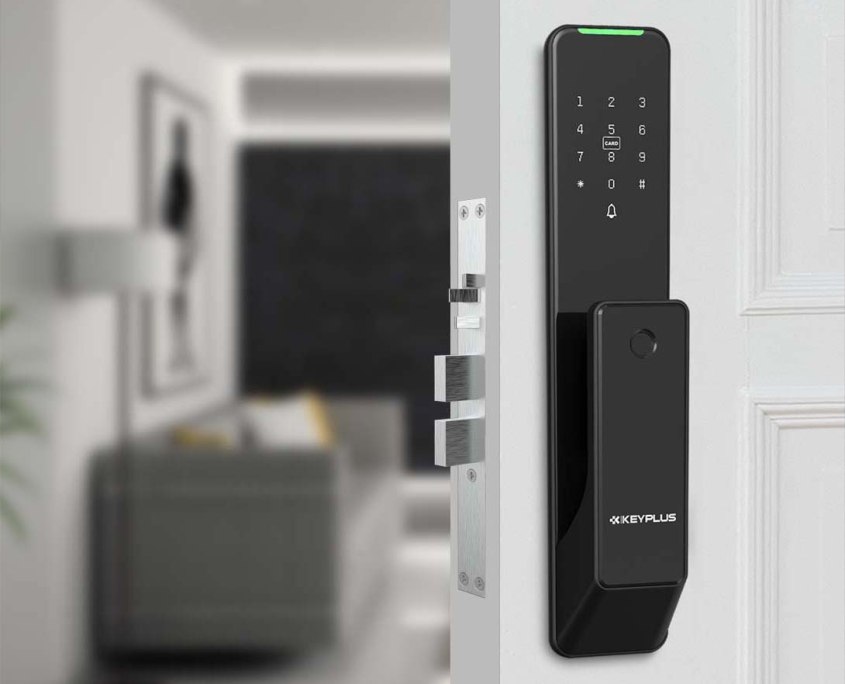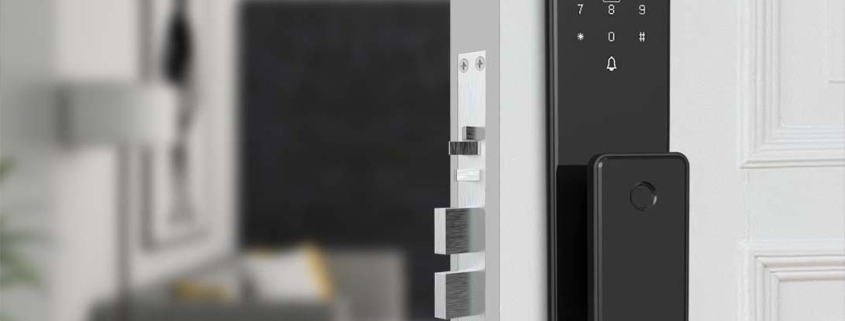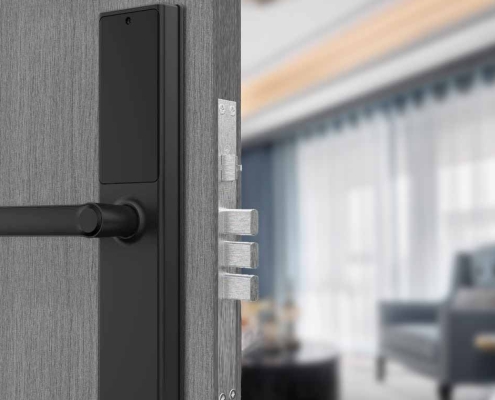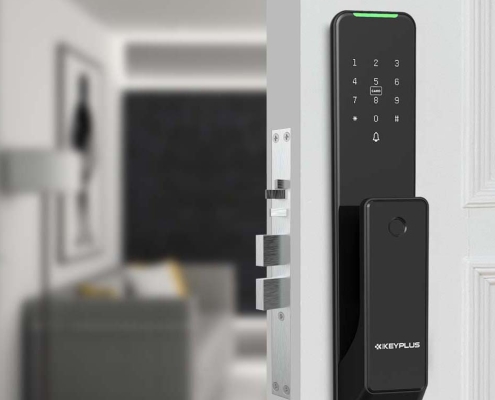Do Smart Locks Work on Security Doors?
Smart locks have revolutionized home security, offering keyless entry, remote access, and seamless smart home integration. But if you have a heavy-duty security door, you might wonder: Will a smart lock actually work with it? The short answer is yes—but with some important considerations.
In this guide, we’ll cover:
Compatibility factors for smart locks on security doors
Types of security doors and which smart locks fit best
Installation challenges and how to overcome them
Top smart lock recommendations for maximum security
By the end, you’ll know exactly how to upgrade your security door with the latest smart lock technology—without compromising safety.
1. Are Smart Locks Compatible with Security Doors?
Most high-quality smart locks can be installed on security doors, but compatibility depends on three key factors:
A. Door Thickness & Material
Security doors are typically made from steel, solid wood, or reinforced fiberglass and are often thicker (1.75” to 2.5”) than standard doors. Some smart locks (like the Wi-Fi Smart Lock) are designed for standard doors (1.375” to 1.75” thick) and may need an adapter for proper fitment.
Pro Tip: Check the smart lock’s spec sheet for maximum door thickness before buying.
B. Lock Mechanism (Deadbolt vs. Multipoint Locking)
- Single-cylinder deadbolts (common in U.S. homes) work with most smart locks.
- Multipoint locking systems (often found in European-style security doors) may require a specialized smart lock (like the Ultion Smart Lock).
Warning: If your security door has a unique or commercial-grade locking system, consult a locksmith before purchasing.
C. Strike Plate & Reinforcement
Security doors often have reinforced strike plates and heavy-duty frames to resist forced entry. Some smart locks (like Level Lock) work seamlessly with these, while others may need adjustments to align properly.
Best Smart Locks for Security Doors:
- Schlage Encode Plus (ANSI Grade 1, fits most steel doors)
- Yale Assure Lock 2 (adjustable backset for thicker doors)
- August Wi-Fi Smart Lock (4th Gen) (works with existing deadbolts)

2. Installation Challenges (And How to Solve Them)
Installing a smart lock on a security door isn’t always plug-and-play. Here are common issues and fixes:
A. Door Thickness Problems
- Issue: The smart lock’s bolts or screws are too short.
- Fix: Use longer screws (at least 3″) or a door thickness adapter (sold separately for some models).
B. Alignment Issues with Reinforced Frames
- Issue: The deadbolt doesn’t smoothly enter the strike plate.
- Fix: Slightly adjust the strike plate position or file down misaligned edges.
C. Power & Wiring for Motorized Locks
- Issue: Some high-security doors use electrified locks with hardwired power.
- Fix: Choose a hardwired smart lock or use a battery-powered retrofit .
Pro Tip: If unsure, hire a locksmith experienced with smart locks to ensure proper installation.
3. Do Smart Locks Reduce Security Door Effectiveness?
A common concern is whether smart locks weaken a security door’s protection. The truth:


For Maximum Security:
- Choose a smart lock with BHMA/ANSI certification.
- Ensure it has anti-pick, anti-drill, and brute-force protection.
- Pair it with a reinforced door frame and strike plate.
Final Verdict: Yes, Smart Locks Work on Security Doors!
If you choose the right model, smart locks can enhance (not weaken) your security door’s protection.
Check door thickness, lock type, and strike plate compatibility before buying.
Installation may require adjustments—when in doubt, consult a professional.
Top-rated smart locks (ANSI Grade 1) are just as secure as traditional deadbolts.
Have Questions? Ask Below!
Still unsure which smart lock fits your security door? Drop a comment, and we’ll help you pick the best option!









